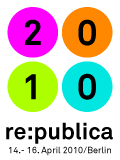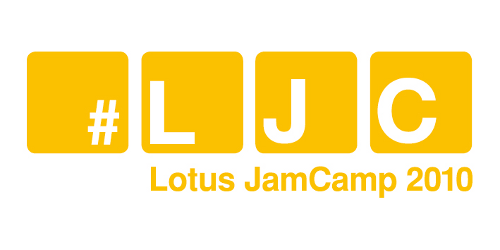I am happily back from the Rome IBM Information on Demand EMEA conference and now collecting the things I want and need to investigate more, now that the fun is over:
– Hadoop and IBM big sheets technology
– IBM’s open source contact points and interests like Apache Lucene (is OYE out?)
– The Internet of Things (that think)
– business intelligence metrics and methods apart from Big Data
– CMIS
– ilog, business rules, Business Rule Management Systems (BRMS), Websphere and ECM BPM
– databases aren’t probably as ungeeky as I thought (ok, haven’t checked there since long)
– the book I was kindly given by its authors (got me autographed copy) – “The Art of Enterprise Information Architecture – a systems-based approach for unlocking business insight”
Some of things I need to put some time thinking about include:
– why, where and what for to integrate Cognos and SPSS into Lotus (where does it fit in best? Quickr? Connections?)
– social media analytics vs. social media monitoring (business roles and processes? can we identify best practices? how to integrate and complement human insight with number crunching beasts? …)
– business ecosystem dynamics (partnering & competing & complementing) – covers areas from Sharepoint to Lotus to XYZ, but also overall the consulting landscape. Are there things to learn from these big, hairy projects that can be applied to the sole, geek consultant business as well? More of a business model innovation thing I guess.
– what does it mean if we want to go from “sense and respond” to “anticipate, shape and transform”? What to integrate into enterprise collaboration consulting from the “information on demand” learnings?
– and finally – why I am not seeing more GNU/Linux desktops here – everybody and their dog are using XP et al. – not to speaking of the Office users everywhere. Yuck.
And there’s also a lot to check out that’s coming in via the Google I/O in San Francisco. More cool stuff to geek around with when having not yet a z/OS machine to play around with …



 Warum ist es für Enterprise 2.0-Interessierte sinnvoll sich für das
Warum ist es für Enterprise 2.0-Interessierte sinnvoll sich für das  Lee Bryant invited me to the
Lee Bryant invited me to the